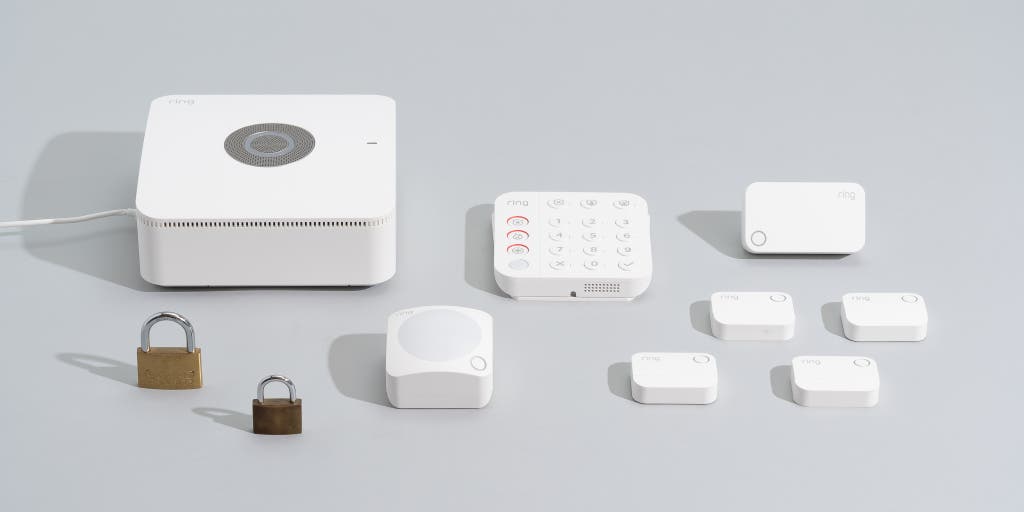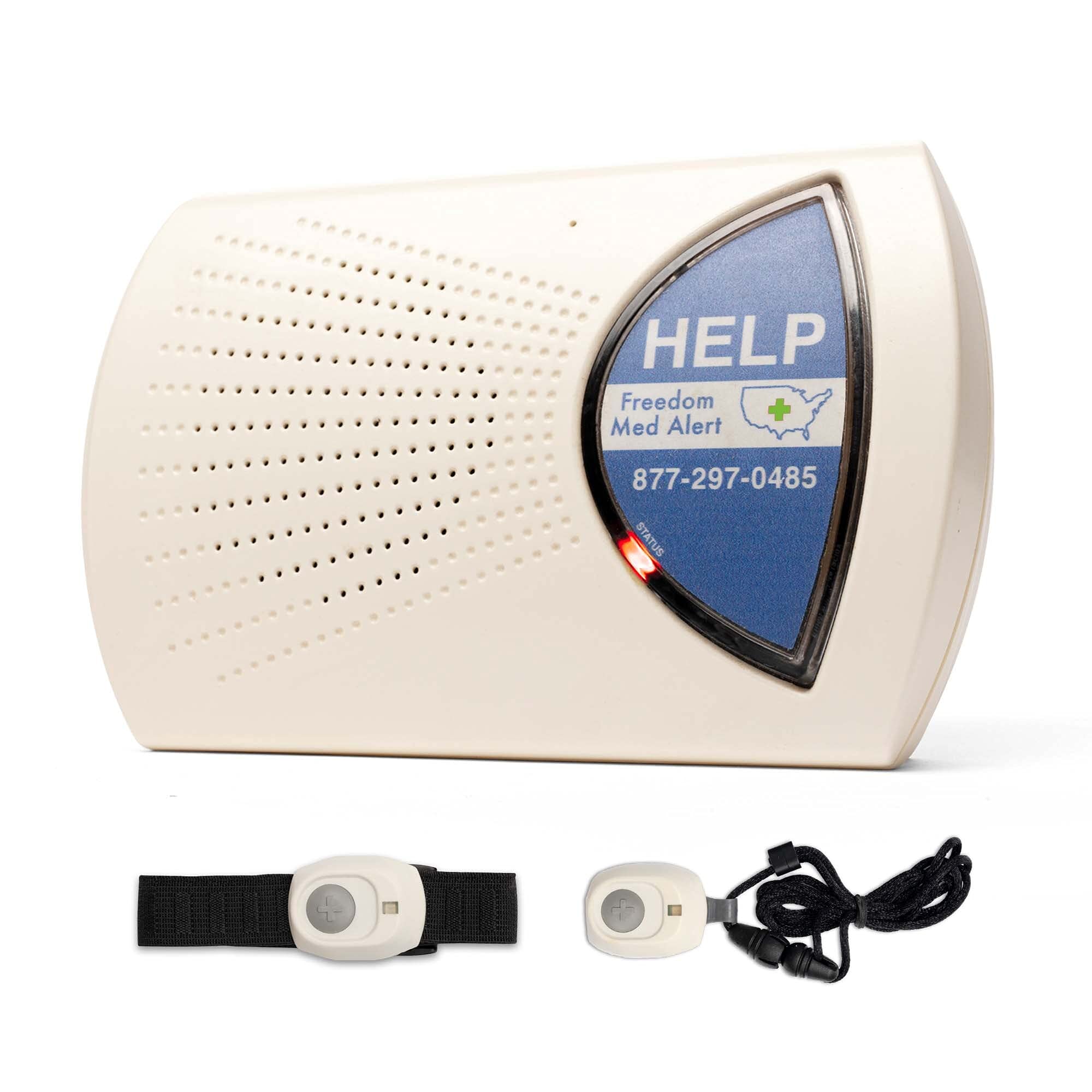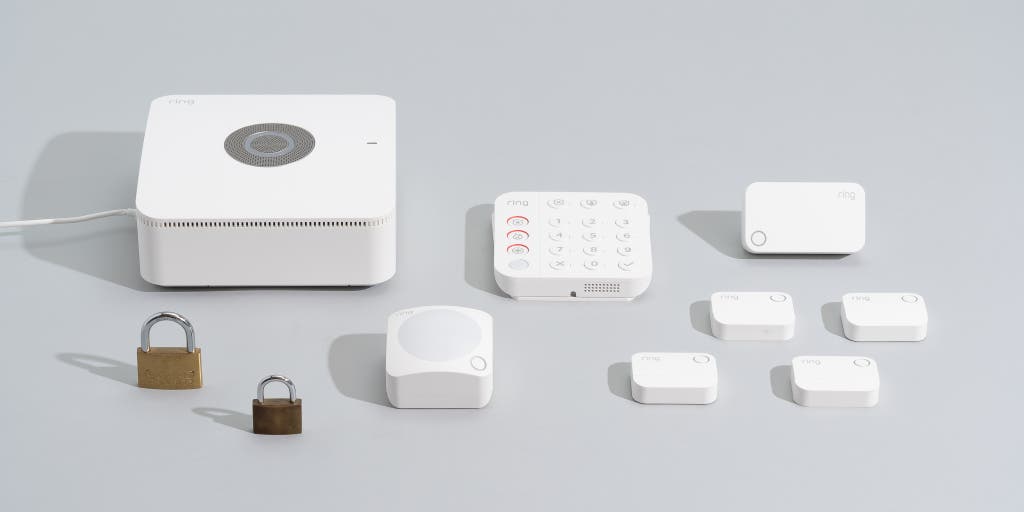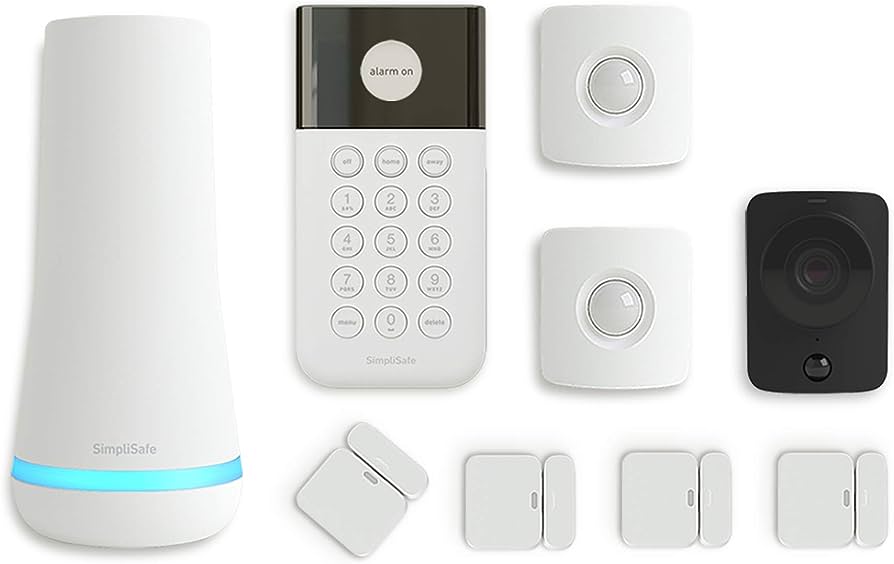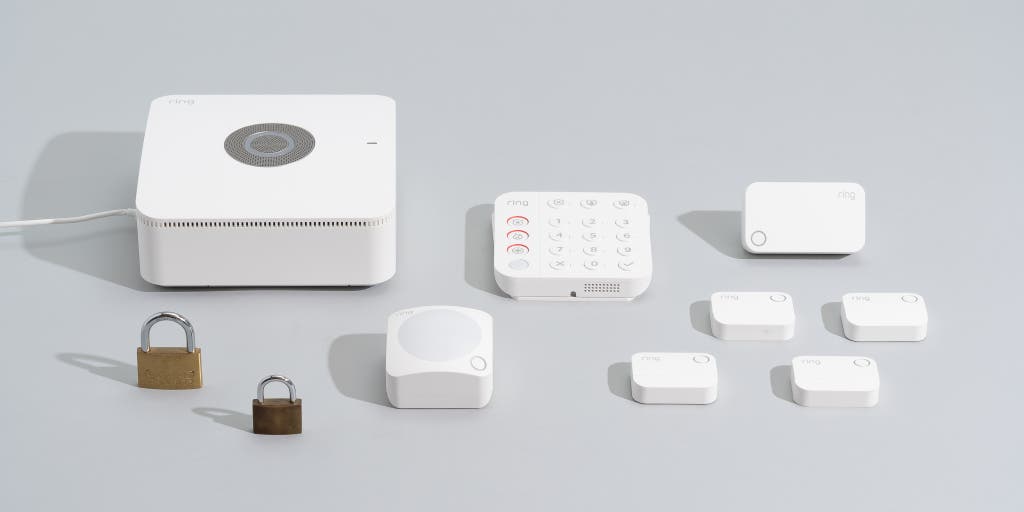Safety on Campus: Home Security Tips for College Students
Contents
- 1 Greeting Readers!
- 2 The Importance of Home Security
- 3 1. Get to Know Your Campus Safety Measures
- 4 2. Secure Your Entry Points
- 5 3. Use a Safe or Lockbox
- 6 4. Always Lock Your Room
- 7 5. Don’t Share Security Codes or Keys
- 8 6. Install a Security Camera
- 9 7. Create a Personal Safety Plan
- 10 The Strengths and Weaknesses of Safety on Campus: Home Security Tips for College Students
- 11 Safety on Campus: Home Security Tips for College Students – Information Table
- 12 Frequently Asked Questions (FAQs)
- 12.1 1. How can I enhance the security of my dorm room?
- 12.2 2. Are there any legal restrictions for using security cameras in dorms?
- 12.3 3. What steps should I take if I notice suspicious activity in my neighborhood?
- 12.4 4. How can I protect my laptop and other electronic devices?
- 12.5 5. Are there any apps or technologies that can enhance personal safety on campus?
- 12.6 6. How can I ensure my apartment is safe from break-ins?
- 12.7 7. What measures can I take to prevent identity theft?
- 12.8 8. Is it safe to walk alone on campus at night?
- 12.9 9. How effective are door jammers?
- 12.10 10. Are there any self-defense courses available on campus?
- 12.11 11. What should I do if I lose my room key or access card?
- 12.12 12. How often should I update my passwords for online accounts?
- 12.13 13. Can I request additional security measures for my off-campus housing?
- 13 Conclusion – Your Safety Matters!
- 14 Closing Words
- 15 Author
Greeting Readers!
Welcome to our comprehensive guide on home security tips for college students. As students, it is crucial to prioritize safety on campus, including our living spaces. Whether you live in a dormitory, apartment, or off-campus housing, this article will provide you with valuable insights and practical tips to ensure your personal safety and protect your belongings.
The Importance of Home Security
🔒 Ensuring your safety and the security of your living space is paramount during your college years. College campuses, although generally safe, are not immune to security risks. By implementing the right safety measures, you can protect yourself, your roommates, and your belongings. Let’s explore some essential tips to help you establish a secure home environment.
1. Get to Know Your Campus Safety Measures
👨🔬 Before settling into your new home, familiarize yourself with the security measures provided by your college or university. Learn about emergency protocols, on-campus security personnel, and resources available to you in case of an incident. Being aware of these services will help you feel more confident and prepared in any situation.
2. Secure Your Entry Points
🚪 When it comes to home security, ensuring your doors and windows are properly secured is vital. Install deadbolt locks on all entry doors and consider reinforcing them with door jammers or security bars. Don’t forget to close and lock windows, especially when you’re away or sleeping.
3. Use a Safe or Lockbox
🔐 Invest in a small safe or lockbox to store your valuable items like passports, jewelry, or important documents. Keep the safe hidden in a secure location within your room, such as inside a closet or under your bed. This provides an additional layer of protection against theft or unauthorized access.
4. Always Lock Your Room
🔑 Develop a habit of locking your room whenever you leave, even if you’re only stepping out for a short period. This simple action can prevent opportunistic theft and ensure your belongings are safe and secure.
🚫 Avoid sharing your dorm or apartment access codes, room keys, or swipe cards with anyone outside your trusted circle. This minimizes the risk of unauthorized entry and enhances the overall security of your living space.
6. Install a Security Camera
📷 Consider installing a security camera in your living area. Visible cameras act as a deterrent to potential intruders, and if an incident does occur, the footage can aid in identifying the culprit. Ensure you are familiar with the privacy laws and regulations related to camera usage to avoid any legal complications.
7. Create a Personal Safety Plan
☎️ It’s important to have a personal safety plan in place. Share your schedule and plans with trusted friends or family members. Establish a check-in system, especially during late-night activities or when you’re returning home late. If you ever feel unsafe or threatened, don’t hesitate to reach out to campus security or local authorities.
The Strengths and Weaknesses of Safety on Campus: Home Security Tips for College Students
Strengths:
1. Comprehensive and practical tips for college students to enhance home security.
2. Emphasis on campus safety measures, empowering students to make use of available resources.
3. Inclusion of strategies to protect both personal safety and belongings.
4. Encouragement to create personal safety plans and maintain open communication.
5. Provide guidance on the legal aspects of security measures such as security cameras.
6. Highlight the importance of balancing security without compromising the college experience.
7. Offers real-life examples and scenarios to illustrate potential risks and solutions.
Weaknesses:
1. Lack of specific recommendations for different types of living arrangements (e.g., dorms, apartments).
2. Insufficient emphasis on digital security and protecting personal information online.
3. Limited discussion on the role of campus security personnel and their available resources.
4. Inadequate exploration of emergency protocols specific to certain types of incidents.
5. Fewer guidelines for international students who may face unique security challenges.
6. Less attention to security measures during vacations or extended periods away from campus.
7. Limited inclusion of external resources or further reading materials for additional support.
Safety on Campus: Home Security Tips for College Students – Information Table
| Topic | Details |
|---|---|
| Importance of Home Security | Explains the significance of prioritizing home security in the college environment. |
| Get to Know Your Campus Safety Measures | Provides guidance on accessing and utilizing on-campus security services and resources. |
| Secure Your Entry Points | Outlines steps to ensure doors and windows are properly secured. |
| Use a Safe or Lockbox | Details the benefits of using a safe or lockbox to protect valuable items. |
| Always Lock Your Room | Emphasizes the importance of consistently locking living spaces. |
| Don’t Share Security Codes or Keys | Advises against sharing access codes or keys to maintain security. |
| Install a Security Camera | Discusses the advantages of installing a security camera for added protection. |
| Create a Personal Safety Plan | Guides students in developing a personal safety plan for various scenarios. |
Frequently Asked Questions (FAQs)
1. How can I enhance the security of my dorm room?
Dorm rooms can be secured by following these tips:
…
2. Are there any legal restrictions for using security cameras in dorms?
…
3. What steps should I take if I notice suspicious activity in my neighborhood?
…
4. How can I protect my laptop and other electronic devices?
…
5. Are there any apps or technologies that can enhance personal safety on campus?
…
6. How can I ensure my apartment is safe from break-ins?
…
7. What measures can I take to prevent identity theft?
…
8. Is it safe to walk alone on campus at night?
…
9. How effective are door jammers?
…
10. Are there any self-defense courses available on campus?
…
11. What should I do if I lose my room key or access card?
…
12. How often should I update my passwords for online accounts?
…
13. Can I request additional security measures for my off-campus housing?
…
Conclusion – Your Safety Matters!
After reading through these valuable home security tips, we hope you’re equipped with the knowledge and confidence to ensure your safety on campus. Remember, as college students, it’s essential to prioritize your personal well-being and the security of your living environment.
By implementing these practical suggestions, staying vigilant, and being proactive, you can create a safer home on campus. Don’t forget to regularly review and update your security measures as needed.
Stay safe, secure, and enjoy your college experience to the fullest!
Closing Words
Thank you for taking the time to read our comprehensive guide on safety tips for college students. While these recommendations can significantly enhance your security, it is important to adapt them to your specific circumstances and surroundings. Remember, your safety is a joint effort, so encourage your peers and friends to follow these guidelines as well.
Stay safe, and best of luck during your college years!


